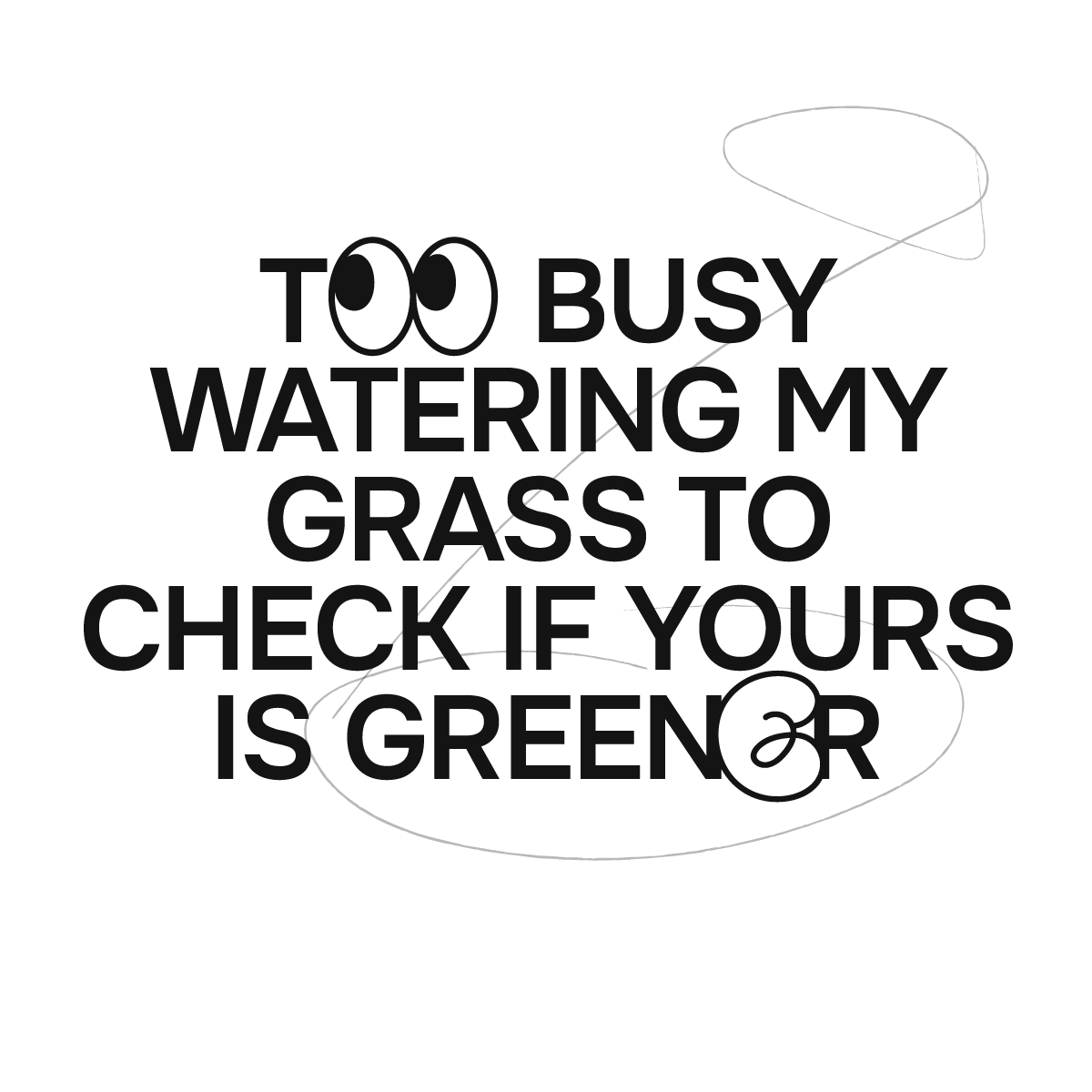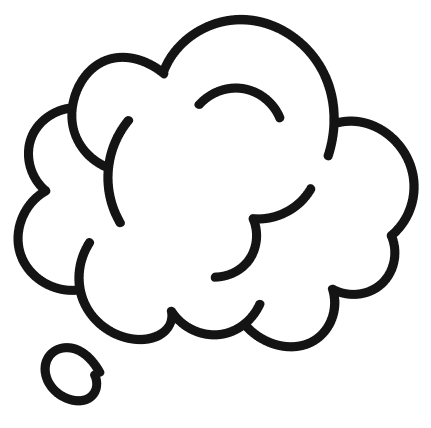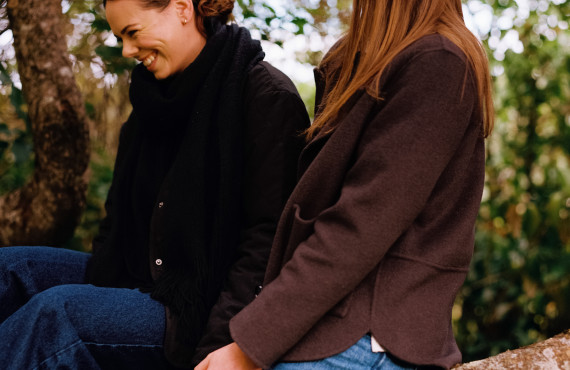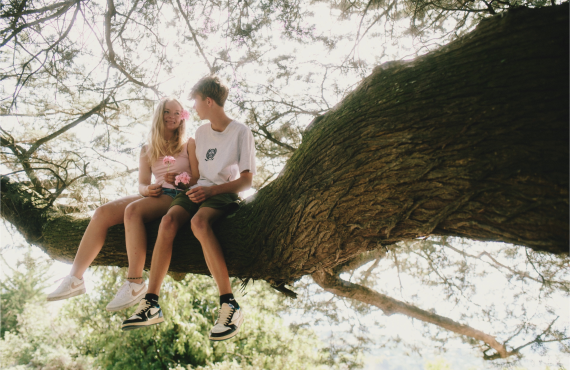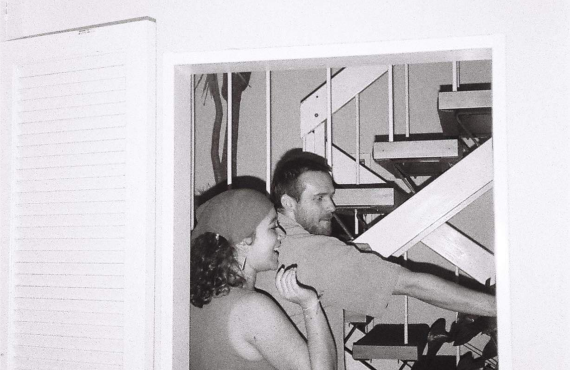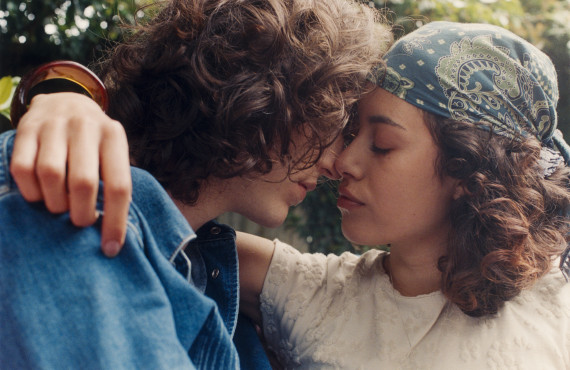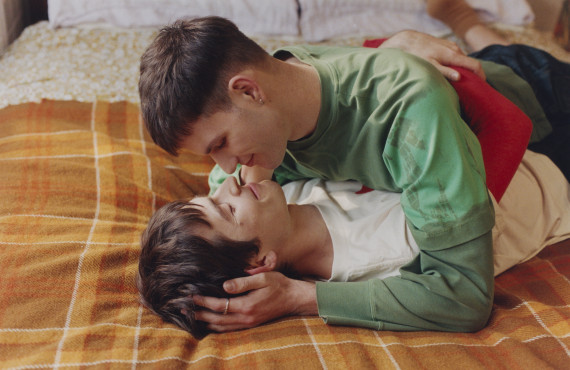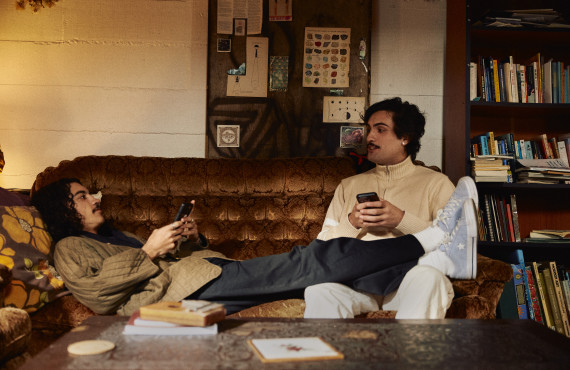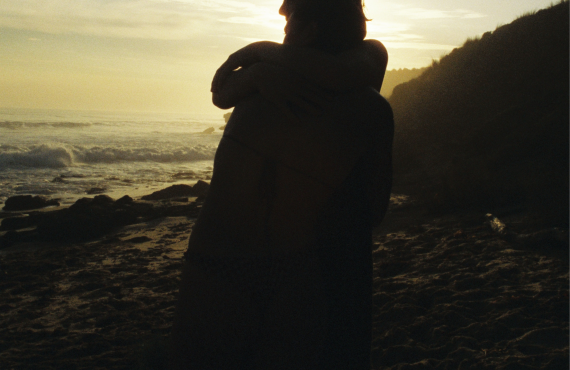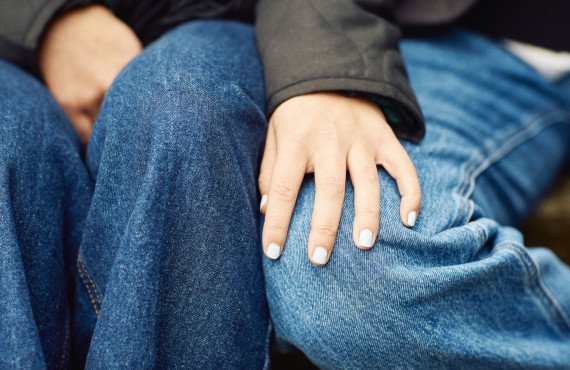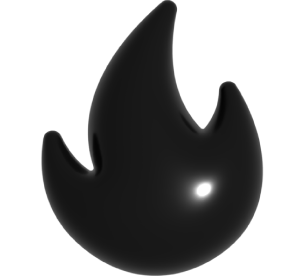Not undateable after all
By Oceana Olsen
There are two things for certain in the world of dating.
One: Dating in this generation can be difficult for anyone.
Two: Dating as somebody who isn’t accepted as a ‘social norm’ is extremely difficult.
Don’t get me wrong. People have made a conscious effort of late to be more ‘inclusive’. With their version of that definition. But let me share something potentially earth shattering, from the perspective of someone who has navigated life with a physical disability since birth.
Not every disabled person is looking to date somebody exactly like them.
It’s hard to believe that not all us disabled folk are vying for the chance to be on the show The Undateables; the reality show where disabled people aka the "undateables" are set up together for the voyeuristic viewers to get a glimpse into the world of the disabled who of course, only date their ‘own kind’.
Society is already a hard place to be your authentic self, and the rhetoric behind TV shows like this make it harder for people with disabilities to even be considered people who just want to make genuine romantic connections based on a huge number of life factors and interests.
It would be nice also, not to have to correct assumptions that a physical disability doesn’t automatically rule you out of the dating game because of ‘physical abnormalities’ either, just because able-bodied people assume that a disability diminishes a person’s capacity for love and intimacy.
That couldn’t be further from my truth.
For individuals like myself who identify as tangata whaikaha, this means not only battling the typical challenges of dating but also the exhaustion of overcoming deep rooted misconceptions, while simultaneously dodging those who see our disability as an answer to their disabled fetish fantasy.
I’ve unfortunately witnessed multiple other women, who like myself are on the little person spectrum, be degraded horrifically in comments sections across various platforms, because while we couldn’t possibly be the first pick for a relationship, we could be ideal for other things; “You’re the perfect height for sucking d**k, because you wouldn’t even have to bend down.”
Should I be flattered and grateful that I’m ‘perfect’ for something?
The truth of the matter is that whether you are disabled or not, everyone I know just wants authentic love held in a meaningful and respectful relationship where we can connect genuinely.
The truth of the matter is that whether you are disabled or not, everyone I know just wants authentic love held in a meaningful and respectful relationship where we can connect genuinely. I come from a beautiful big extended whānau that have always shown me that I deserve to be loved, because they have accepted and loved all the unique parts of me and I have also had the privilege of experiencing a love like this from a romantic partner who is able-bodied.
The kind of love that we have, sees me in all I am, not just someone with a disability. The kind of love that chooses to love me, even when some days the world I exist in, would convince me that I shouldn’t dare love myself in the body I am in. Growing up, despite having a loving family that offered unconditional acceptance, I felt like this kind of love was unobtainable to me in a romantic sense. Realistically, I wasn’t anyone’s first choice. Boys my age made it clear with comments like, “You’re pretty, but if only you weren’t disabled.”
The ideals of beauty and perfectionism I saw everywhere only confirmed my deepest insecurity and I believed that my disability was the reason I wasn’t the first choice and felt that it was unfair that something I had no control over, made me unattractive to the world.
But, as my partner and I celebrate three years together, the love I always hoped for is proven possible because it is now my reality. Our relationship has instilled in me the belief that I can be loved deeply by another, despite the negative conditioning I encountered for most of my adolescent years. Being in a loving, safe, committed relationship as a disabled 21-year-old woman, has taught me that insecurities, flaws and struggles aren’t only limited to people with disabilities. We all have them. Mine are just about something more overt. His unwavering love, acceptance and support has shown me that my disability does not define my worth or desirability. Instead, he celebrates me in my entirety and while there were initial moments of embarrassment and awkwardness when I first allowed him into the kinds of accessibility challenges I face daily, I have also been allowed into his daily struggles too.
Love and life is a mixed bag of vulnerability for all of us.
To anyone who feels that love is out of reach due to their disability, please know that real love sees physical appearances and also sees beyond them. Real love sees everything and relinquishes the need for a one size fits all solution, instead opting for a custom made approach.
In writing this, I have come to realise that I am not only speaking to you out there, but also to the younger version of myself so that she can take comfort in knowing that not only am I loved and accepted by him, but that I have found love and acceptance within myself now too.
Oceana Olsen is a descendant of Ngāpuhi, Te Rarawa, Samoan and Rutuman heritage and is a third year fine arts student at the University of Canterbury, working as a freelance graphic designer and digital artist. Oceana was born with pseudoachondroplasia and shares the challenges of this via TikTok @shortgalstruggles
